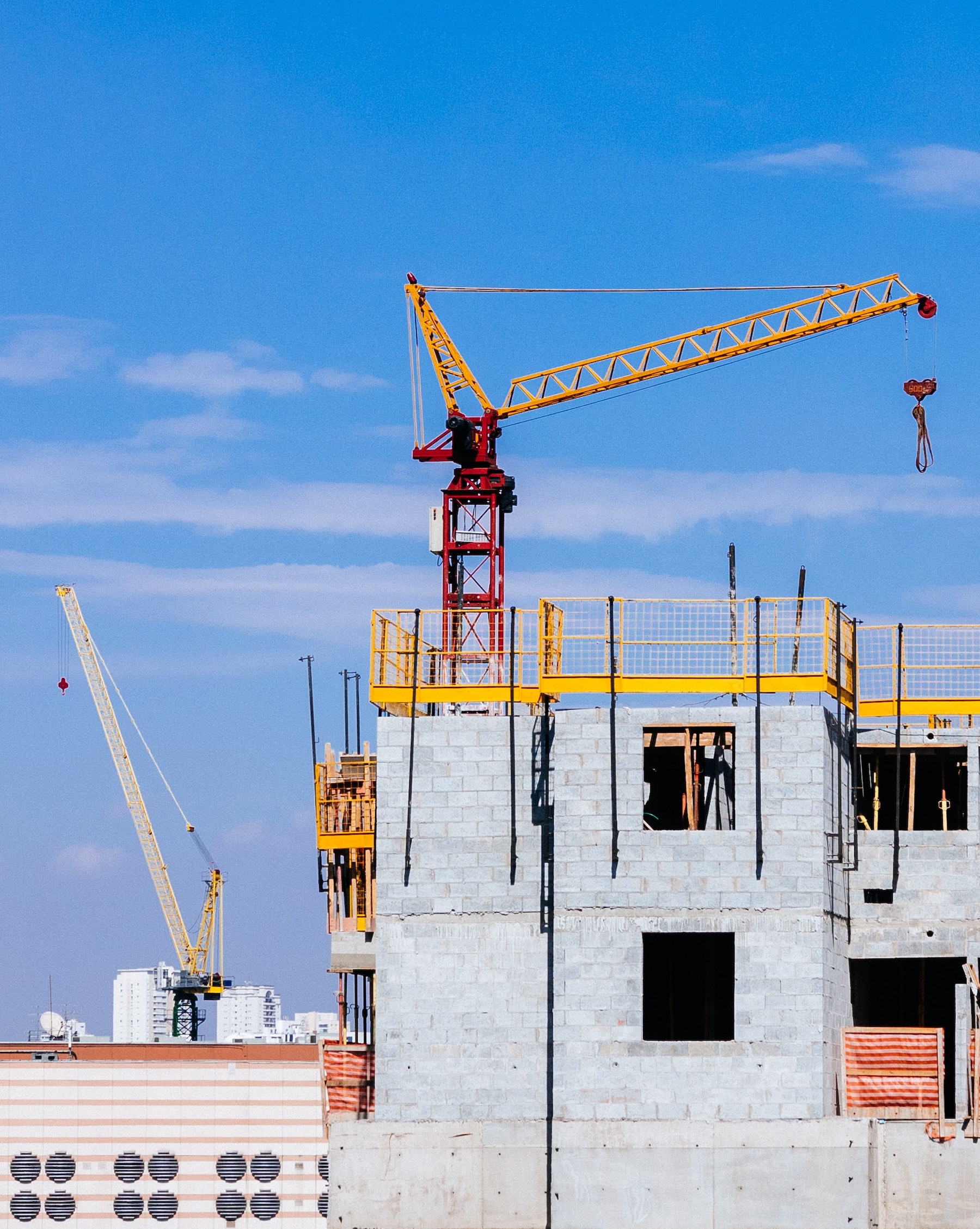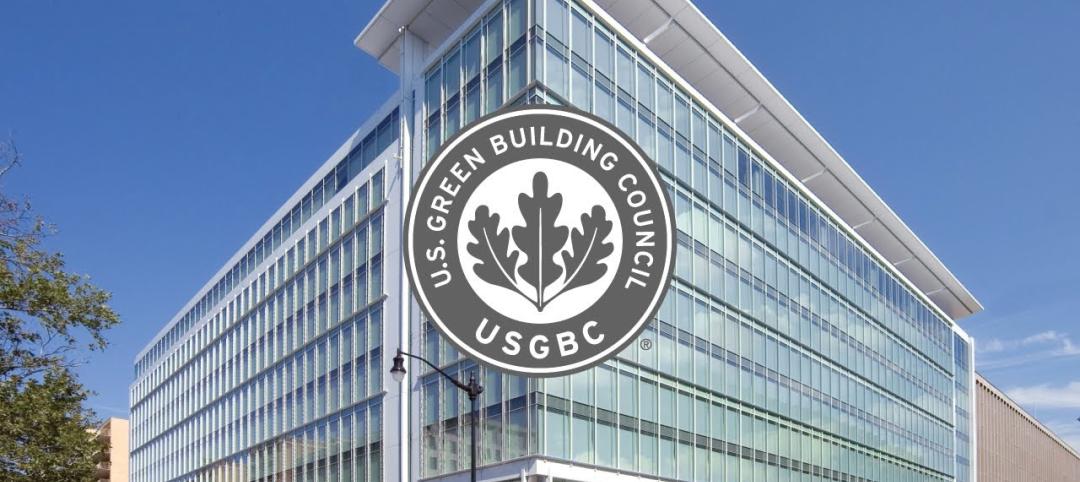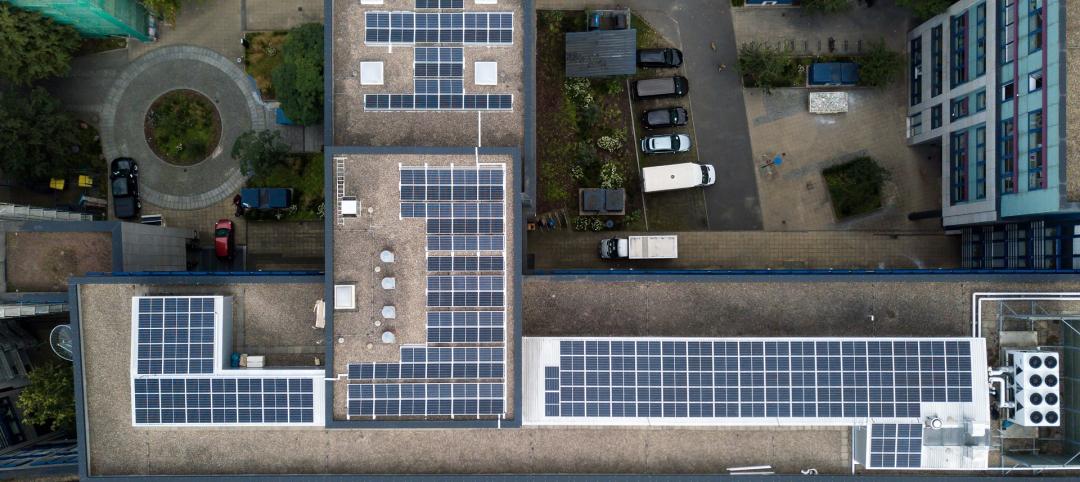California regulators voted unanimously recently on a series of measures that include a ban on the sale of natural gas-powered heating and hot water systems beginning in 2030.
If the decision goes forward, it would be the first time a state has banned fossil fuel heaters for existing buildings as well as for new construction. The California Air Resources Board (CARB), the agency that oversees the state’s climate targets and regulates pollution, passed the measure as part of a larger plan to cut greenhouse gas emissions and comply with federal air quality targets.
The ban is not a done deal, however, according to a CARB spokesperson. “The commitment the Board made in approving the State SIP (State Implementation Plan) Strategy was for California Air Resources Board staff to pursue each measure in the document and take it to the Board for consideration,” says Melanie J. Turner, CARB information officer. “CARB will need to hold workshops and look at the issues related to the space and water heater measure. If the concept is not feasible, CARB staff will present the information to the Board who could determine they will not pursue it.”
If the ban on fossil fuel heating does go into effect, homeowners in California would only be able to buy zero-emission furnaces or hot-water heaters. Regulators expect this would prompt a switch to heat pumps and heat pump water heaters.
The use of fossil fuels in homes accounts for about 10% of U.S. carbon emissions. Since 2019, several cities and states have either enacted fossil fuel hookup bans for new buildings or have considered such bans. California is the first jurisdiction to extend such bans to existing buildings.
A switch to heat pumps, a more efficient cooling appliance than commonly used air conditioning units, could cut peak energy demand during heat waves, reducing the risk of brownouts and blackouts. To help residents make the transition to heat pumps, California’s most recent budget includes $1.4 billion to decarbonize buildings. Most of that funding is targeted for low-income families.
Related Stories
Office Buildings | Dec 6, 2022
‘Chicago’s healthiest office tower’ achieves LEED Gold, WELL Platinum, and WiredScore Platinum
Goettsch Partners (GP) recently completed 320 South Canal, billed as “Chicago’s healthiest office tower,” according to the architecture firm. Located across the street from Chicago Union Station and close to major expressways, the 51-story tower totals 1,740,000 sf. It includes a conference center, fitness center, restaurant, to-go market, branch bank, and a cocktail lounge in an adjacent structure, as well as parking for 324 cars/electric vehicles and 114 bicycles.
Energy Efficiency | Dec 6, 2022
Washington state’s Building Code Council mandates heat pumps in all new residential construction
The Washington State Building Code Council has voted to require heat pumps for all new residential construction starting in July 2023. The new mandate has drawn criticism over concerns that it will add costs to housing construction, especially given current supply chain challenges for heat pumps.
Geothermal Technology | Dec 6, 2022
Google spinoff uses pay-as-you-go business model to spur growth in geothermal systems
Dandelion Energy is turning to a pay-as-you-go plan similar to rooftop solar panel leasing to help property owners afford geothermal heat pump systems.
K-12 Schools | Nov 30, 2022
School districts are prioritizing federal funds for air filtration, HVAC upgrades
U.S. school districts are widely planning to use funds from last year’s American Rescue Plan (ARP) to upgrade or improve air filtration and heating/cooling systems, according to a report from the Center for Green Schools at the U.S. Green Building Council. The report, “School Facilities Funding in the Pandemic,” says air filtration and HVAC upgrades are the top facility improvement choice for the 5,004 school districts included in the analysis.
Legislation | Nov 23, 2022
7 ways the Inflation Reduction Act will impact the building sector
HOK’s Anica Landreneau and Stephanie Miller and Smart Surfaces Coalition’s Greg Kats reveal multiple ways the IRA will benefit the built environment.
Green | Nov 13, 2022
USGBC updates LEED v4 to better address greenhouse gas emissions and climate change
The U.S. Green Building Council (USGBC) will update the LEED v4 green building certification program to “more directly address greenhouse gas emissions and climate change” according to a USGBC news release.
Green | Nov 13, 2022
NREL report: Using photovoltaic modules with longer lifetimes is a better option than recycling
A new report from the U.S. National Renewable Energy Laboratory (NREL) says PV module lifetime extensions should be prioritized over closed-loop recycling to reduce demand for new materials.
Green | Nov 13, 2022
Global building emissions reached record levels in 2021
Carbon-dioxide emissions from building construction and operations hit an all-time high in 2021, according to the most recent data compiled by the Global Alliance for Buildings and Construction.
University Buildings | Nov 13, 2022
University of Washington opens mass timber business school building
Founders Hall at the University of Washington Foster School of Business, the first mass timber building at Seattle campus of Univ. of Washington, was recently completed. The 84,800-sf building creates a new hub for community, entrepreneurship, and innovation, according the project’s design architect LMN Architects.
Industry Research | Nov 8, 2022
U.S. metros take the lead in decarbonizing their built environments
A new JLL report evaluates the goals and actions of 18 cities.

















